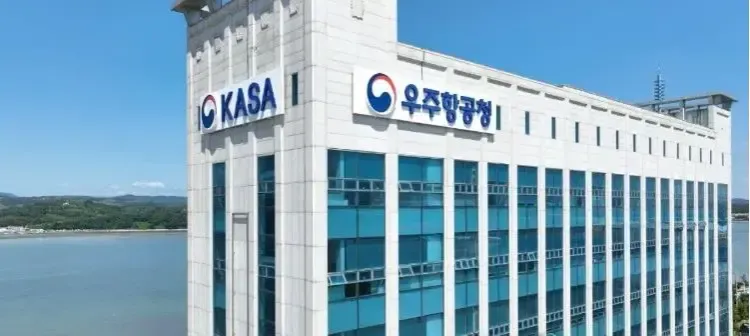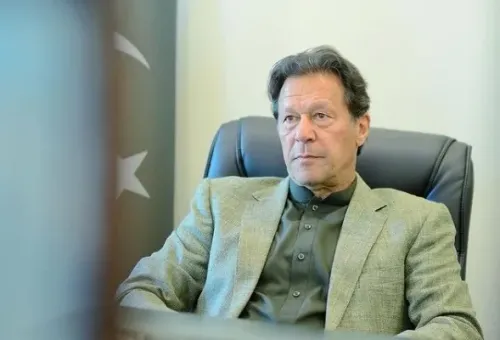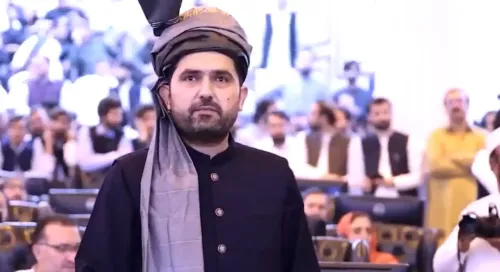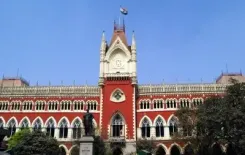South Korea's Ambitious Plan to Cultivate 30,000 Space Professionals by 2045

Synopsis
Key Takeaways
- Establishment of a cross-sectoral education system.
- Target of 30,000 aerospace professionals by 2045.
- Collaboration with government ministries to enhance talent pool.
- Expansion of aerospace trainees from 300 to 1,500 annually.
- Development of internship programs and industry clusters.
Seoul, March 19 (NationPress) On Wednesday, South Korea's national space agency unveiled a comprehensive education initiative aimed at nurturing a total of 30,000 aerospace professionals by 2045, as part of its long-term vision to transform into a global leader in space amidst the New Space era.
The Korea AeroSpace Administration (KASA) disclosed this initiative during a governmental policy meeting led by Acting President Choi Sang-mok, as reported by the Yonhap news agency.
This ambitious initiative aims to establish a robust space industry ecosystem in alignment with the New Space era, characterized by the growing involvement of private entities within the space sector.
As part of the strategy, the agency will partner with relevant governmental bodies to amplify the pool of young talent in space science, cultivate mission-driven experts, and prepare a workforce ready for the field.
To achieve these objectives, KASA intends to boost the annual intake of young aerospace trainees from 300 to 1,500.
To facilitate this, the agency will create space education programs tailored for students and launch public engagement initiatives akin to the NASA Space Ambassador Programme, which recruits volunteers to advocate for space exploration across the nation.
Moreover, KASA aims to enhance space education in elementary and secondary institutions through after-school activities and by integrating them with the new high school credit system.
The plan also encompasses an internship program at KASA and the establishment of three major space industry clusters in Daejeon, South Jeolla Province, and South Gyeongsang Province, which will serve as hubs for attracting and nurturing local talent.
To improve practical training, KASA will run strategy centers focused on space technology while supporting partnerships between industry and academia.
The acting president emphasized the crucial need for developing human resources.
"To position ourselves among the top five global powers in space, we must prioritize the cultivation of a specialized workforce in the space sector, with active involvement from young adults," Sang-mok stated during the meeting.
"The global technological competition is also unfolding in space."
Sang-mok further indicated that the government would foster greater collaboration between universities and research institutions to bolster the nation’s advanced research and development capabilities within the sector.









